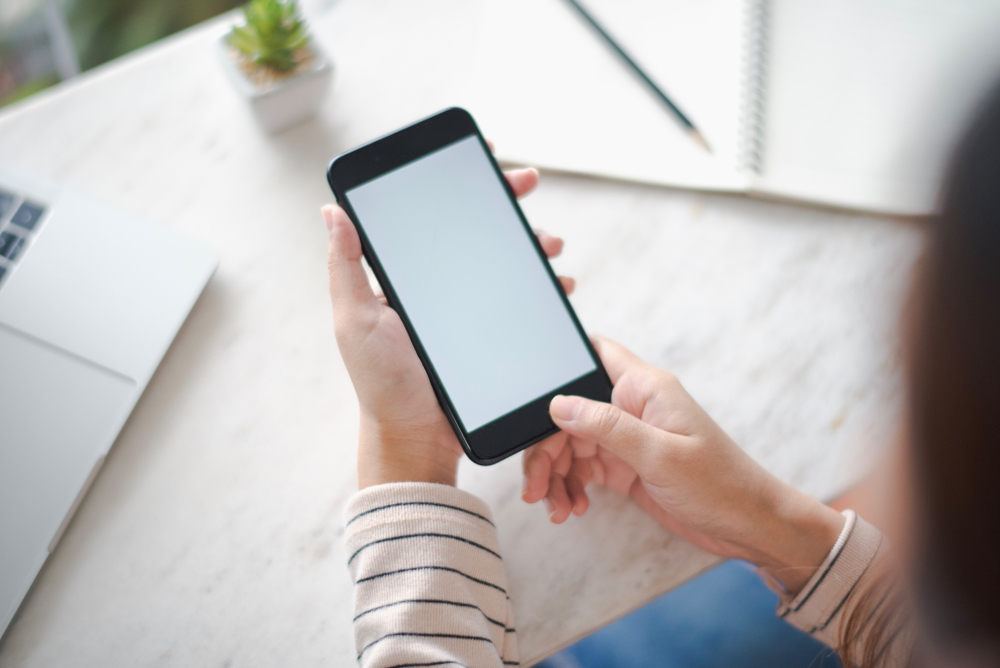There is no better feeling than turning on “Do Not Disturb” at the end of the day — if lingering work tasks aren’t keeping you from it, that is. Your manager might have sent a last-minute email, or maybe a colleague pinged you about an upcoming project, but you may actually be your own worst enemy when it comes to unplugging. Each time you convince yourself to log back in to finish one more task or answer that one last email, you’re depriving yourself of much-needed downtime.
If you’re struggling to plan your day so that you can unplug at night, it’s time to rethink the work habits that might be making it difficult. Here are two particular habits that are extending your workday — and what you should do instead so you can practice your Microstep of putting your phone on “Do Not Disturb” at night, and leaving it that way.
Compiling a massive to-do list
It’s a routine many of us know all too well: You sit down at your desk in the morning, check your email, and begin crafting a to-do list with no end in sight. Before you know it, the end of the day has arrived, and you’ve only made it through half of your tasks. At first, it can feel worthwhile — productive even — to have a written account of the things you need to get done. And in many ways, it is. A 2018 study in Perspectives on Psychological Science shows that writing lists can help us remember things when we are stressed. However, writing down your tasks without a sense of prioritization or time can actually limit your productivity and leave you fretting over your to-do list long after working hours are over.
Instead of aimlessly jotting things down, try writing down your priorities at the top of your list, and alternating between stimulating and draining tasks. Perhaps most importantly, try identifying low-priority tasks, or tasks that can be delegated, relentlessly prioritize them, and stop doing them!
Developing a method behind your to-do list madness will help you stay aware of what matters most and keep you organized throughout the day, so that you can truly unplug at night and turn on “Do Not Disturb” without interruption.
Feeling uncomfortable with incompletions
When the end of the day rolls around, you might feel disheartened if you haven’t accomplished everything you wanted to get done. In some cases, you might even bring that work home with you. But how are you ever going to feel recharged if your workdays, well, never end? While you might initially feel frustrated, having an unfinished task or two could actually be a sign that you’re successfully prioritizing throughout your day. Maybe you were unable to schedule a meeting, but you completed an important report that’s due the next day — in this case, you were able to get through your most pressing assignment and can schedule the meeting the next day, when you are re-energized and have a new set of priorities.
If you are uncomfortable with incompletions, it’s time to reframe your mindset. Arianna Huffington, the founder and CEO of Thrive Global, says if you complete absolutely everything you need to get done each day, that’s a sign that your job might not be sufficiently challenging. Have patience with yourself, and avoid negative self-talk when you don’t get something done. When you’re tempted to keep working long after the workday has ended — or forgo your Microstep altogether — remember that incompletions are part of the process, and will ultimately help you grow. Hit that “Do Not Disturb” button without guilt.
Follow us here and subscribe here for all the latest news on how you can keep Thriving.
Stay up to date or catch up on all our podcasts with Arianna Huffington here.


